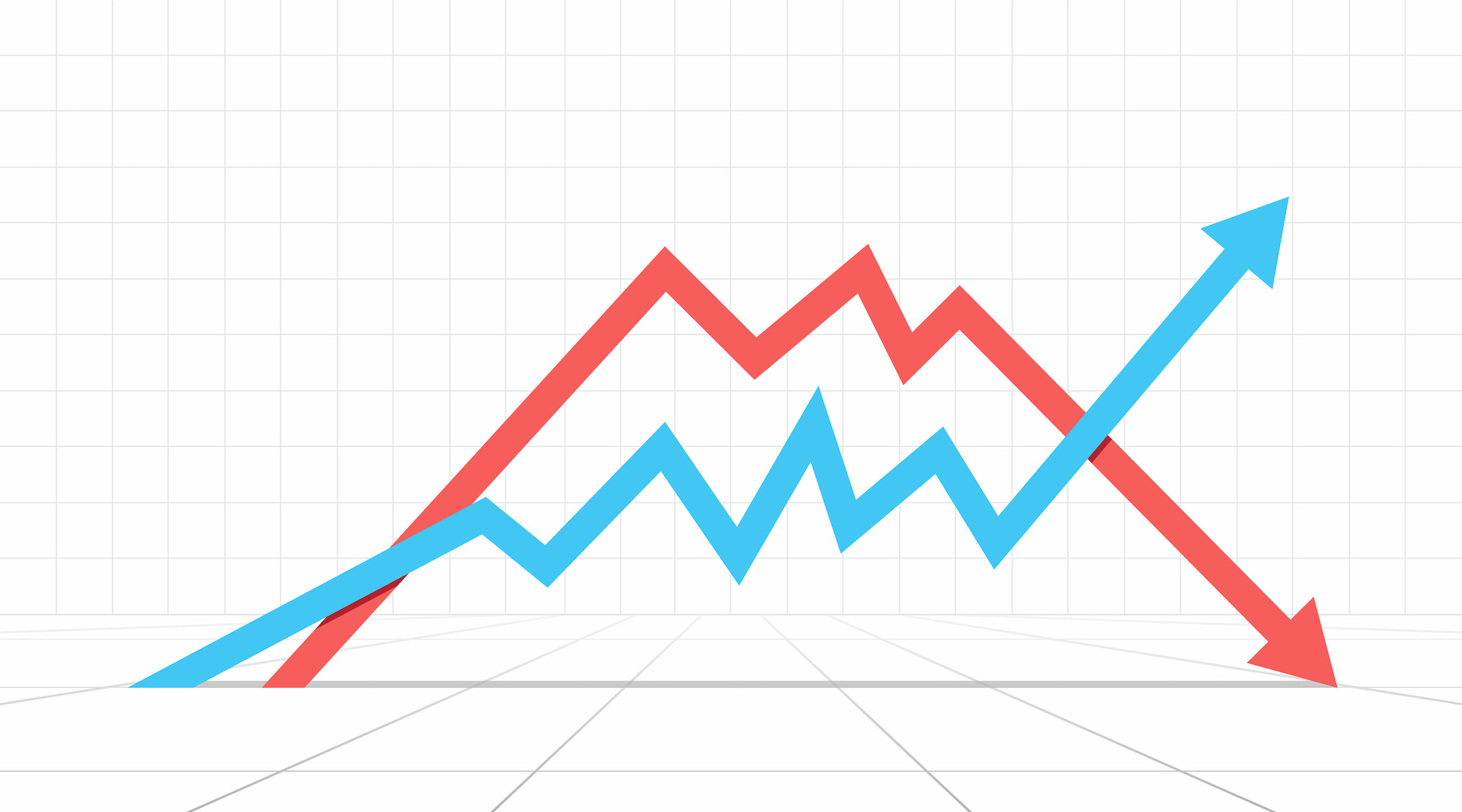Your cart is currently empty!

Traffic Loss
Over the past six months, we’ve lost 3% of our traffic at this website every month. This is depressing, of course. How did it happen?
Life. We were super busy taking care of our paying clients and we were working on our new redesign (we hope you like it). We figured we would get the new site launched any day… so we stopped writing regular blog posts, posting in social media, and connecting with our readers.
Maybe you have had a similar experience. We have to admit that we have seen this happen before, at our lab site and also at this site because…well…life.
So we know how to solve the problem. Here are the questions you should ask when you notice you’ve lost traffic.
How do you know you’ve lost traffic?
We know because we got a notification from a tool that we use. But you can also find out by checking your analytics. We did this, and sure enough, we’ve been losing traffic regularly.
If you don’t have analytics installed, don’t use them, or don’t know how to read them, you might not know whether you’re losing traffic or not. You can’t fix a problem you aren’t aware of, so installing and using analytics should be your first step. The graph below shows traffic at a website we began working with in 2020. Your analytics will show you a graph something like this, and you can decide whether you are happy with your traffic or not.

Why did you lose traffic?
Most often, a website loses traffic because it is not getting the love and attention it needs. You might think that you can launch your website and then let it carry on by itself. In fact, you need regular, fresh content if you want to see growth.
If you lost traffic as we did because you slacked off on adding fresh content, then you know why you lost that traffic and you know what to do about it.
However, there are other possibilities.
- Are fewer people searching for your topics?
- Did you end some marketing effort, such as paid search, other types of ads, or social media?
- Did you get a temporary jump in traffic (from a viral post, for example) and you are now seeing a correction?
- Did a competitor get a jump on you and siphon off some of your traffic?
It’s worth taking time to identify the issue. If you have small numbers — say your visits went from 15 a day to 5 a day — that may not be as meaningful as if you have more data.
Where is your traffic coming from?
Your analytics will also show how your visitors found your website. For this website, organic search is always our top source. We saw a big drop there. With less fresh content, our SEO suffered.
We actually saw an increase in referral traffic, but that doesn’t represent as large a percentage of our traffic.
If you see that your traffic from ads fell…and you stopped paying for ads, then once again you know why your traffic fell. You can increase your ad spend or decide to use another means to bring visitors to your website.
Take action
By this time, you should be able to say how your visitors come to you, and why you have fewer of them. You should also be able to see what you need to do to get your traffic back up where you want it.
As a general rule, plan to do more of what works for you already. If you can’t tell what works, or if it seems that nothing works, then you can check out your competitors and see what methods they are using. Try out their strategies and see how they work for you.
If you can’t figure out why you’ve lost traffic or what you need to do to regain it — or if you know that you don’t have the time or the skills to take care of it on your own — we’d love to help. Fill out our simple form and we’ll get in touch.

Leave a Reply